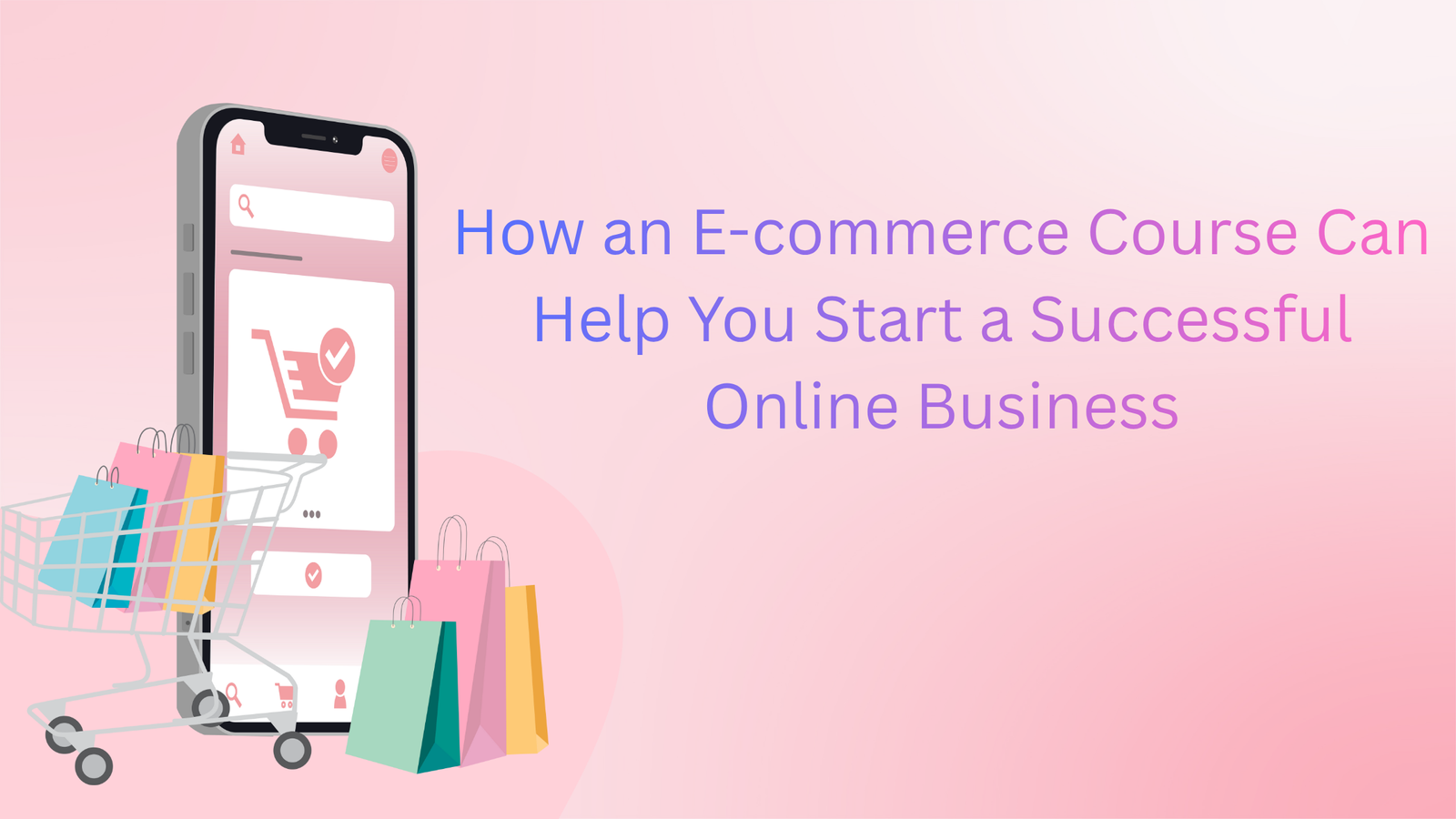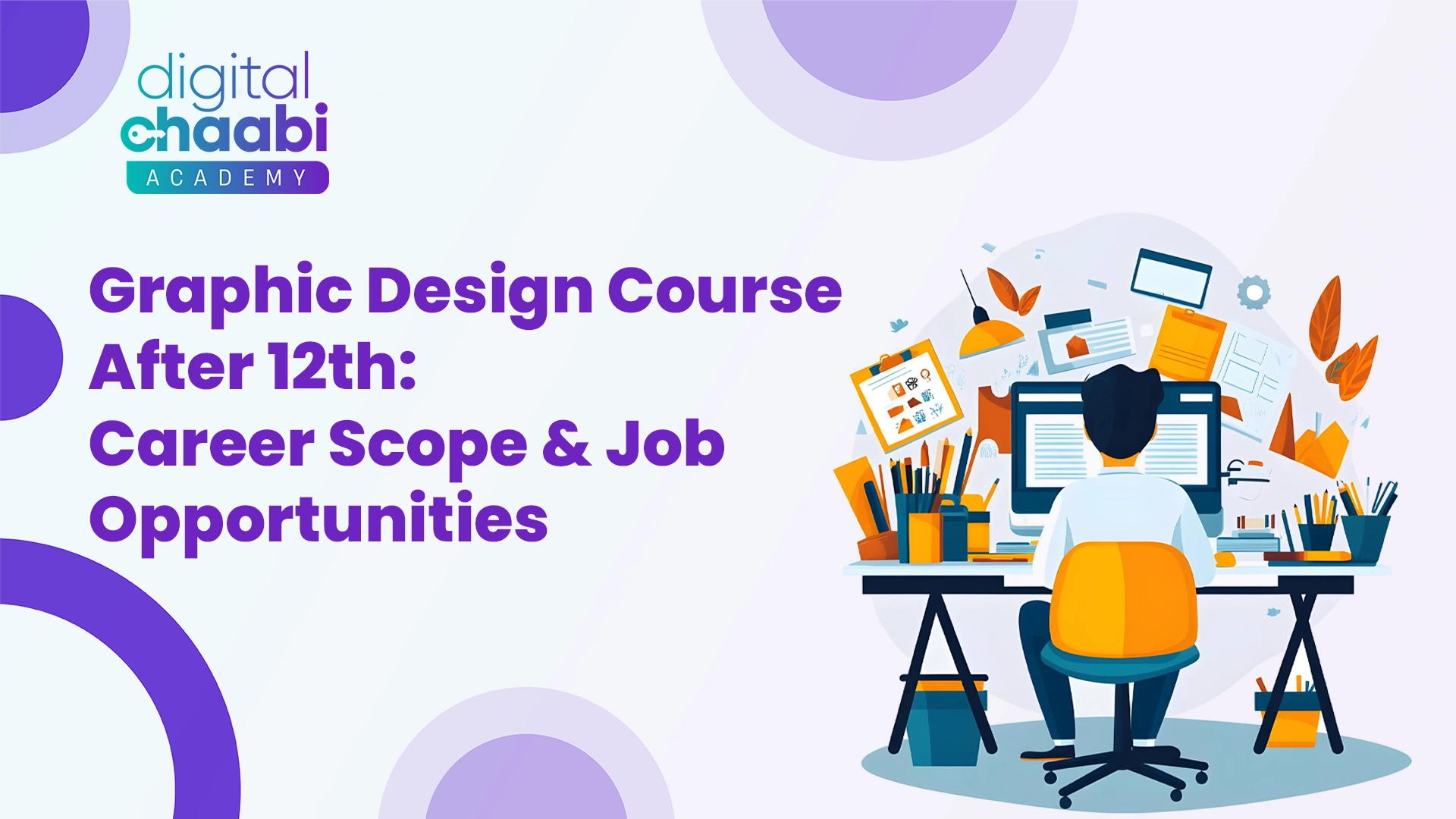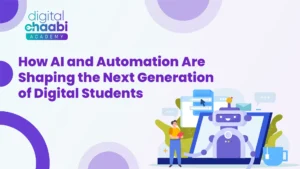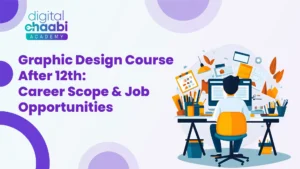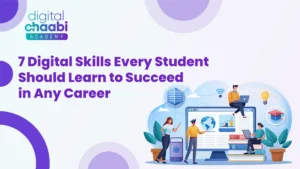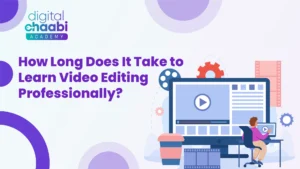Setting up an online business is one of those few things that hold promise for financial freedom, flexibility, and global reach in today’s digital-first world. It indeed takes much more than just putting up a website and listing products to set up a successful e-commerce brand-it’s all about a well-thought-out strategy, knowledge of marketing, technical expertise, and the ability to move in tandem with market trends. That is where an E-commerce course would come in.
A properly structured e-commerce course will walk you through each stage of the process involved in an online business-from choosing products and brands, marketing, customer service to scaling-and not just selling your products online. Now, let’s dive into how learning through an e-commerce course can become your key to starting and growing a profitable online business.
1.E-Commerce Basics
The first thing is to comprehend how e-commerce works before the consideration of strategies and tools. An e-commerce course would start by explaining what e-commerce is and how online stores work. Then there are different business models: B2B, B2C, C2C, and Dropshipping.
You’ll learn about:
- The structure of a web store.
- How web-based transactions and payments take place.
Guiding factors that constitute consumer behavior in a digital space include the following:
The knowledge that you will attain here is foundational, in that whenever you start your online business, it won’t just be mere guessing; rather, informed decisions can be made based on solid understanding.
2.Selecting The Right Business Model
Probably the most important challenge a complete beginner has to face is the determination of what business model fits your goals, budget, and target market. Would you open a dropshipping store, start selling your own products, or do print-on-demand?
The e-commerce course takes you through the different business models, their pros and cons, and how to choose the best to fit your skill set and investment capacity. You come across many case studies and examples of successful businesses that help in building practical knowledge of what works best in real-life situations.
Knowing them will help you avoid some of the common pitfalls many first-time entrepreneurs jump into without direction in e-commerce.
3.Developing a Professional Web Store
The online store is somewhat the face of your business: a place where customers come to browse, buy, or even develop trust with the brand. Among the major first steps guided by an e-commerce course are setting up a store that looks professional yet friendly to its users.
You’ll learn:
Finally, how to choose a reliable e-commerce platform: Shopify, WooCommerce, or Wix?
- The importance of responsive design and mobile optimization.
- How to effectively use themes, layouts, and product pages.
- Basic SEO methods that will make your store findable.
An ecommerce course reduces technical headaches, and with step-by-step tutorials, you will save hours of ‘figuring it out’.
4.Product Research and Selection
Poor product selection is the most common reason a business will fail online, as not all trending products are profitable and sustainable.
A good e-commerce course will teach you to do successful product research whereby you learn how to research the market demand, competition, profit margin, and customer reviews using tools like Google Trends, Jungle Scout, or analytics from AliExpress to find products that actually sell and build your brand around those.
It is also a very important section within the E-commerce course, as online business success depends on the chosen product.
5.E-commerce Learning Digital Marketing
The best of the products cannot sell themselves. You will require robust digital marketing skills to attract, engage, and convert customers, hence making marketing one of the most valuable modules in an e-commerce course.
You’ll learn:
SEO: Ensure that your product listings and website content are optimized so customers can find you on Google.
- Social Media Marketing: This provides brand awareness and promotions of various products across different social media platforms, including Instagram, Facebook, and TikTok.
- Email Marketing: Automate campaigns to nurture leads and retain customers. Paid Advertising – PPC: Run profitable ad campaigns on either Google Ads or Meta Ads.
- Content Marketing: Create entertaining blogs, videos, and social posts that drive visibility and sales.
- By the time you learn these marketing techniques from an e-commerce course, you will be able to drive visitors to your store and turn it into sales.
6. Customer experience and retention
Your very first sale is exciting, but your repeat customers are going to keep the cycle running. That’s why successful e-commerce stores focus more on customer experience and retention.
The course will help you understand how to create an excellent e-commerce shopping experience.
You will learn how to:
Personalize user journeys with data insights. Manage reviews and feedback. Provide first-class customer support. Develop loyalty programs to retain customers. All of these create a base of happy customers who are loyal, come back for more, and at the same time recommend your store to others.
7. Learning Analytics and Performance Tracking
Your biggest advantage in the online world is data. For you to make better decisions, you must focus on performance metrics which will help you track, analyze, and improve things such as your conversion rate, average order value, and customer acquisition cost.
You will be trained in the usage of various analysis tools such as Google Analytics, Facebook Pixel, and e-commerce dashboards that will highlight to you which of your marketing campaigns are running, where your customers come from, and how to enhance the return on your investment.
From these insights, you’ll be able to make data-driven decisions that will ensure that your online business grows at a constant pace.
8. Scaling and Automation
The next step after your store begins to make sales is scaling. This is a point where most entrepreneurs fail because they have no idea how to handle the operations effectively.
A course in e-commerce will equip you with the knowledge of automating the important functions that drive a business forward, such as inventory management, order fulfillment, and email marketing. You are also going to learn strategies concerning product line expansion, partnerships, and entry into new markets.
You will turn your small online store into a thriving e-commerce brand through this and create effective systems that are sustainable.
9. Creating a Unique Brand Identity
Everything in the competitive online market is related to branding. An e-commerce course therefore outlines how one should create a memorable brand identity which emotionally touches your audience.
You’ll learn:
- How to develop your brand voice, logo, and color palette.
- The importance of storytelling in marketing.
- How to maintain consistency across your website and social media platforms.
A strong brand means you are not just selling products; you’re building trust, loyalty, and recognition.
10. Learning from Industry Experts
Most of the e-commerce courses have been designed by professionals who have spent several years running a successful online store. Thus, with enrollment, you will get real-world insights, proven techniques, and expert mentorship.
You learn from their successes but, more importantly, you learn from their mistakes. Such mentorship reduces your learning curve and gives you the confidence to start your business on the right track.
Conclusion: Your Path to E-commerce Success
It may be an overwhelming task to pursue an online business, but with the right guidance, it’s structured and exciting. In this comprehensive e-commerce course, you will be able to learn all the tools, knowledge, and confidence you need to build a profitable online business that will last.
Whether you’re a student, an entrepreneur, or a working professional looking for supplementary income, investing in an e-commerce course will be one sure step toward digital success.
Keep in mind that all large e-commerce brands today started small. The difference is only that they took their time to learn, strategize, and execute intelligently. With the right E-commerce course, you can do the same by bringing all your online business dreams into reality.

